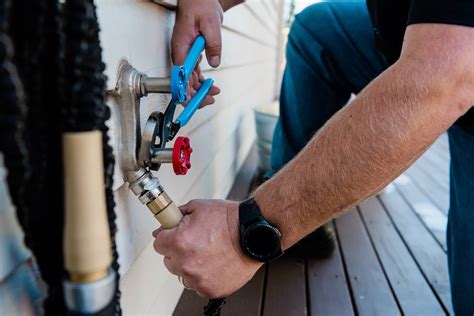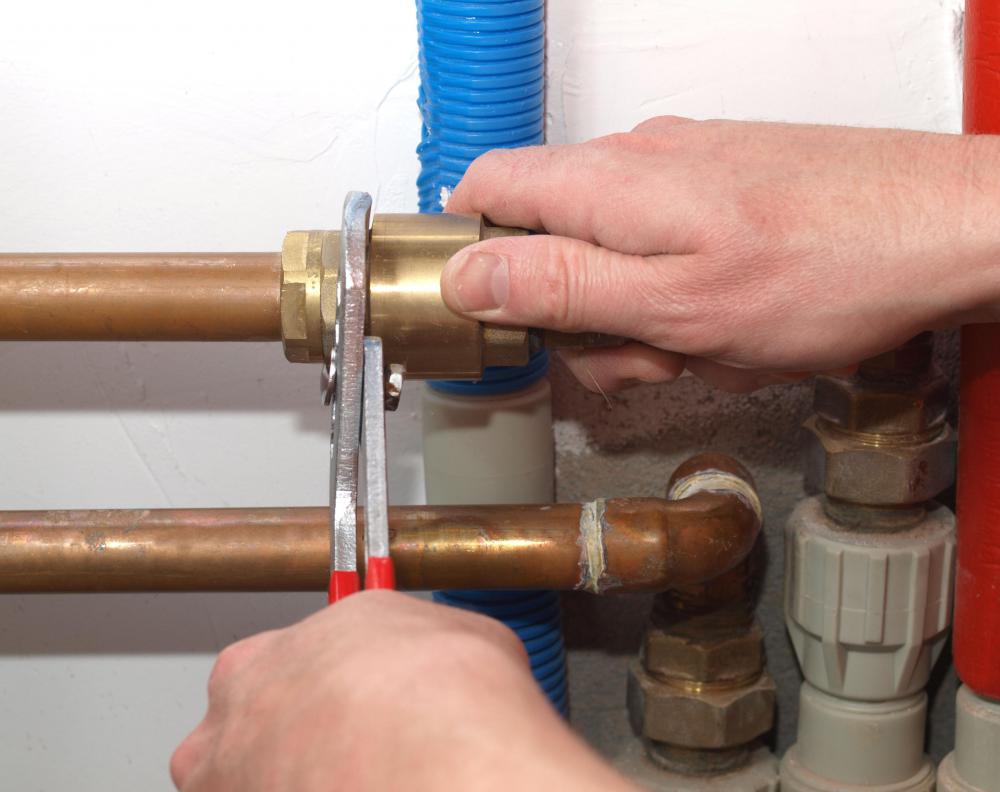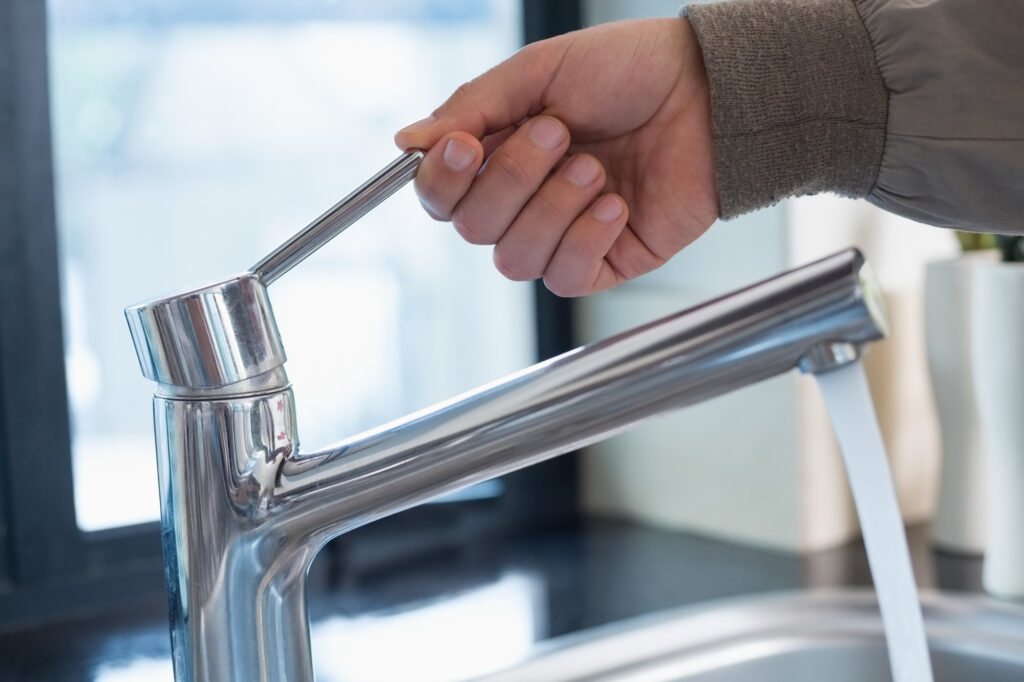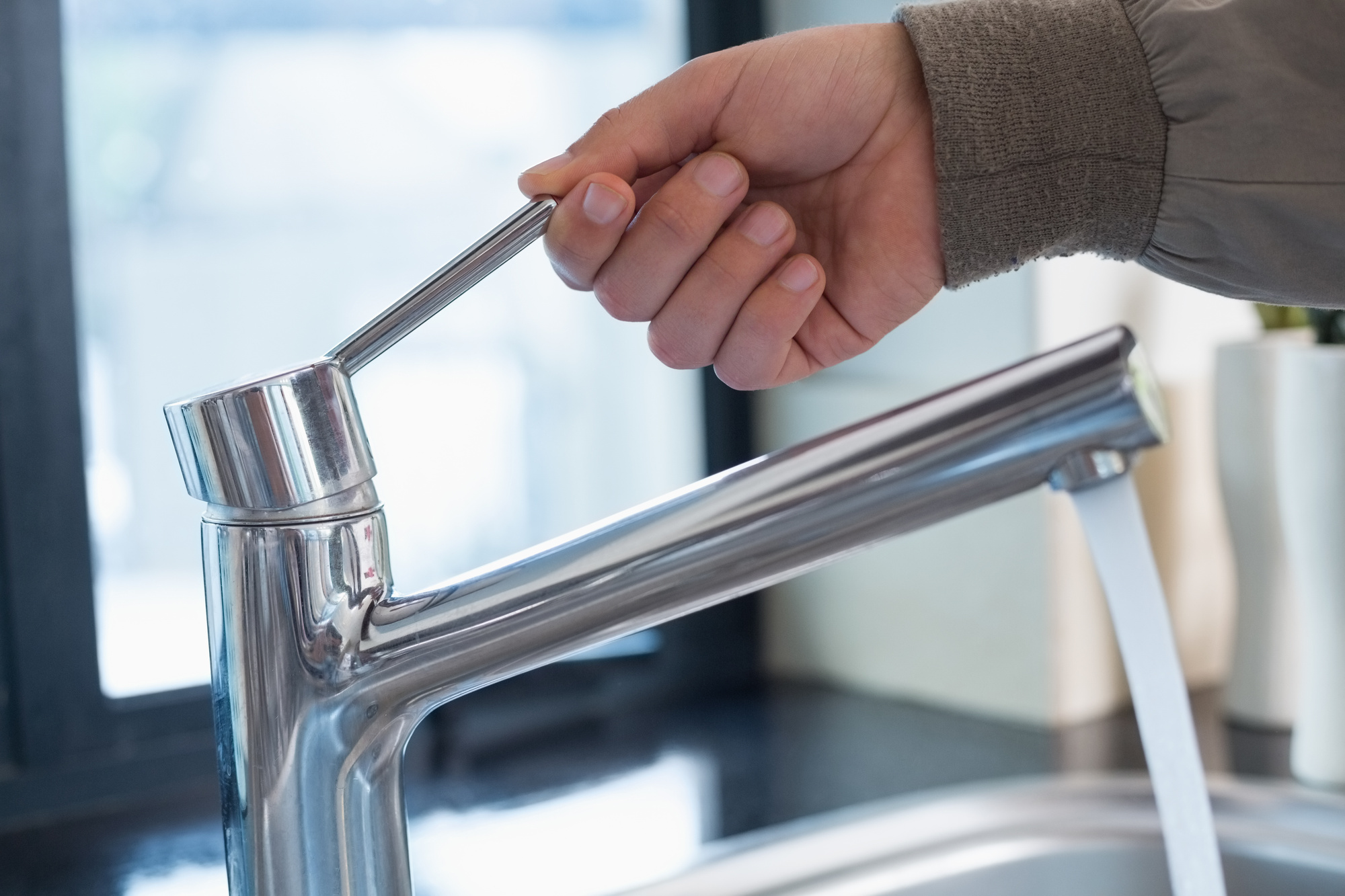Modern advancements and conveniences have allowed us to appreciate the comfort and luxury of having a fully functional kitchen. Nothing is more rewarding than being able to cook your meals effortlessly, throw away waste, and have efficient plumbing with a quick turn of a knob. Often overlooked, the disposal of excess waste is integral to keeping the drainage system running smoothly. Neglecting sink waste can lead to disastrous consequences for your wallet and the environment.
In this blog, we explore the hidden dangers of neglecting your sink waste, from clogs to contamination. Every year, thousands of households suffer from clogged drain pipes due to a buildup of bathroom sink waste. The consequences of such blockages can range from unpleasant odours to pest infestations and can even lead to expensive pipe repairs.
Table of Contents
1. Clogs can Lead to Costly Plumbing Repairs

Clogs in sink drains can be a nuisance but can also lead to costly plumbing repairs. It don’t disappear on their own and often require the assistance of a professional plumber to remove them. Removing a clog from your sink drain can be a simple process, but sometimes it can be time-consuming and expensive, especially if the clog has been ignored for a long time. Additionally, attempting to remove the clog yourself with chemicals or tools can also cause damage to your plumbing system, leading to more expenses.
2. Organic Waste Buildup can Attract Pests and Cause Foul Odours
When food scraps, grease, and other organic materials build up in sink waste, they provide a breeding ground for bacteria and insects. Pests such as flies, cockroaches, mice, and rats are drawn to the scent of decaying organic matter and can quickly infest your living space. Not only can they spread disease and cause damage to your home, but their presence can also exacerbate allergies and asthma.
3. Grease Buildup can Contaminate Your Pipes and the Environment

wisegeek.com
The impact of grease accumulation is not just limited to clogs and pipe damage. Grease buildup can contaminate your pipes and the environment, leading to a range of negative consequences. When grease enters the sewage system, it sticks to the inside of pipes, reducing their width and ultimately causing blockages. In addition, the bacteria in the sewage system cannot break down grease, leading to foul odours and the release of harmful gases into the environment.
4. Neglecting Sink Waste can Create a Breeding Ground for Harmful Bacteria

Neglecting your sink waste can not only result in clogs but can also lead to the creation of a breeding ground for harmful bacteria. Over time, food scraps, grease, and other debris can accumulate in your sink trap, creating an ideal environment for bacteria to grow and contaminate the surrounding area. This is especially concerning for kitchens as it can lead to food contamination, causing serious health risks.
5. Proper Waste Management can Promote a Healthier Home and Environment
Neglecting your sink waste can lead to clogs and blockages, creating an unhealthy environment that is not conducive to good hygiene. In addition, waste that is not disposed of properly can lead to the contamination of water sources and the spread of diseases. By practising responsible waste management habits, such as disposing of food scraps and grease in the garbage instead of down the sink, you can contribute to a healthier and cleaner environment for yourself and those around you.
Conclusion
It is vital to pay attention to our sink waste if we want to ensure the safety and health of our household. The accumulation of food particles, grease, and other debris can lead to clogged pipes, foul odours, and even contamination. By implementing simple yet effective measures such as regular cleaning, proper waste disposal, and drain catchers, we can avoid these hidden dangers and guarantee clean and functional plumbing systems. Remember, neglecting your sink waste is not only inconvenient and messy but also a potential threat to your family’s well-being.
